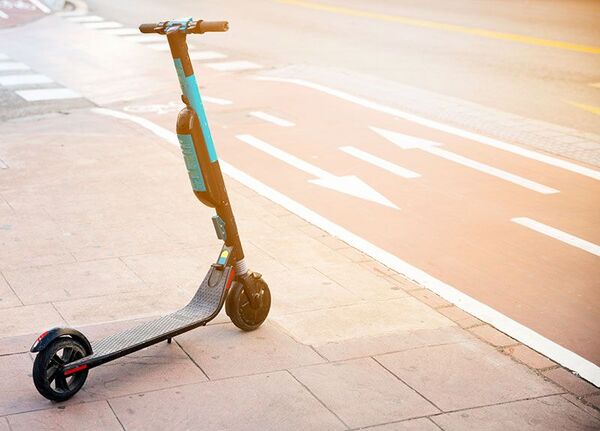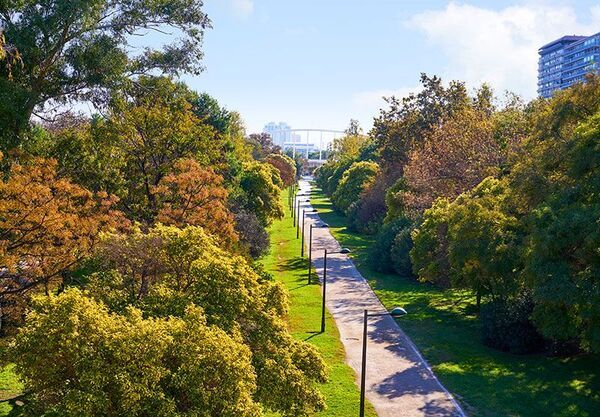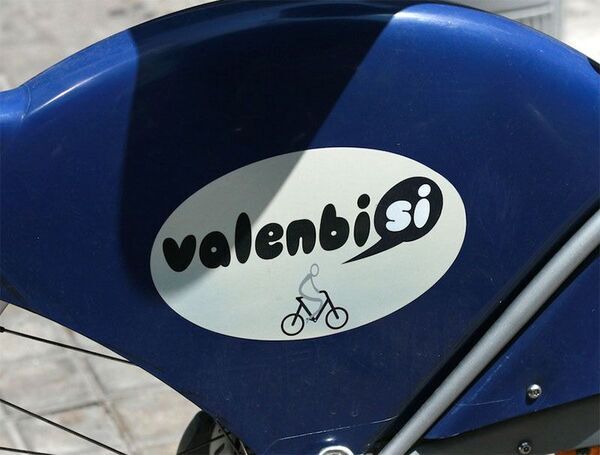Valencia: the second best Spanish city in sustainable mobility

According to the Greenpeace Urban Mobility ranking, Valencia is the second most sustainable city in mobility in Spain. A great achievement for the Valencian population but more sustainable work and collaboration among citizens is necessary.
The Greenpeace Urban Mobility ranking assesses the degree of commitment of 12 municipalities, including Albacete, Bilbao, Madrid, Malaga, Murcia, Palma, Pamplona, Santiago de Compostela, Seville, Valencia and Zaragoza, with respect to their own plans.
The parameters that are taken into account to assess the degree of sustainability are the public transport availability, the network of bicycle paths and pedestrian sidewalks and the level of pollution and noise, among others. Valencia stands out with their sustainable methods that are committed to reducing cars in the city and improving the quality of life of its citizens.










Among the implemented measures that make this Turia city sustainably mobile are: the implementation of school roads, pedestrian preference routes, the continued development of the bicycle path network and the reorganization of the EMT Valencia bus network.
In addition, the City Council plan on taking other measures which are still under construction. These measures include the definition of multifunctional lanes, the structuring of “superblocks”, actions against bicycle theft and to further perfect the effective integration of the “Metrobús” in the city.
The main purpose of the city has always been the re-routing of traffic merging with the bicycle. In addition to that there is the re-organisation of parking spots as well as the loading and unloading spaces.










All these actions have made Valencia begin to position itself as a “Smart City”. And it’s thanks to human, technological and governmental commitment that the city is following an efficient urban mobility plan.
This plan has the following main objectives: priority of pedestrians and public transport, the limitation of bikes and electric scooters in their special lanes and the need for insurance for the drivers of these means of transport. In short, a new initiative that strives for electric mobility and transport alternatives in order to reduce the use of private cars and promote the fight against climate change.
This project is destined for 2020 but it can only be achieved if all citizens participate.







